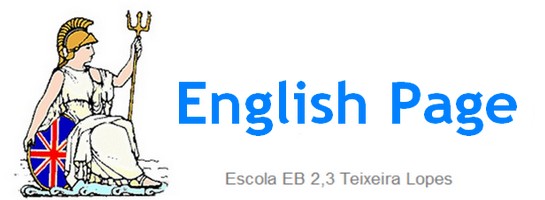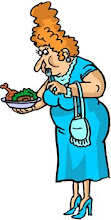The school year runs from September to July and is 39 weeks long.
School holidays
End of October – one week
Christmas - 2 weeks
Mid February – one week
Spring - 2 weeks
End of May – one week
Summer - 6 weeks
End of October – one week
Christmas - 2 weeks
Mid February – one week
Spring - 2 weeks
End of May – one week
Summer - 6 weeks
Full-time education is compulsory for all children aged between 5 and 16. English children attend a primary school until they are eleven and then they go to secondary school. Some pupils go to state grammar schools and most of them attend comprehensive schools. The first–year classes at these schools are of mixed ability and after that they are divided into different groups for lessons in academic subjects.
A large number of comprehensive schools are independent specialist schools, which put emphasis on certain subjects like Information Technology or sports.
Private schools are not run by the state and they are fee-paying schools. Many of them are boarding schools which have very old traditions and a high academic standard. Many of them are boys’ or girls’ schools, but some are mixed schools. This type of schools has become more and more popular and more than 7% of all pupils attend these schools.
A large number of comprehensive schools are independent specialist schools, which put emphasis on certain subjects like Information Technology or sports.
Private schools are not run by the state and they are fee-paying schools. Many of them are boarding schools which have very old traditions and a high academic standard. Many of them are boys’ or girls’ schools, but some are mixed schools. This type of schools has become more and more popular and more than 7% of all pupils attend these schools.
At the end of each term pupils get their school reports. Most schools set exams at the end of the school year to test students’ ability. At the age of 15 or 16, students take their GCSEs (General Certificate of Secondary Education) whose results depend on course work and written examination.
After completing the GCSE, some students leave school, others continue at school for two more years and take A level exams, in three or four subjects. These exams determine whether a student is eligible for university.
After completing the GCSE, some students leave school, others continue at school for two more years and take A level exams, in three or four subjects. These exams determine whether a student is eligible for university.
1. exercise book
2. timetable
3. mark
4. to leave school with A-level qualifications
4. to leave school with A-level qualifications
5. holidays
6. certificate
7. primary school
8. secondary school
9. head teacher
10. break
9. head teacher
10. break
American English

1. notebook
2. schedule
3. grade
4. to graduate from high school
3. grade
4. to graduate from high school
5. vacation
6. diploma
6. diploma
7. elementary school
8. high school
9. principal
10. recess
Read and laugh
Pupil: Should we be punished for something we haven’t done?
Teacher: No, of course not!
Pupil: Good! I haven’t done my homework.
Read and laugh
Pupil: Should we be punished for something we haven’t done?
Teacher: No, of course not!
Pupil: Good! I haven’t done my homework.



